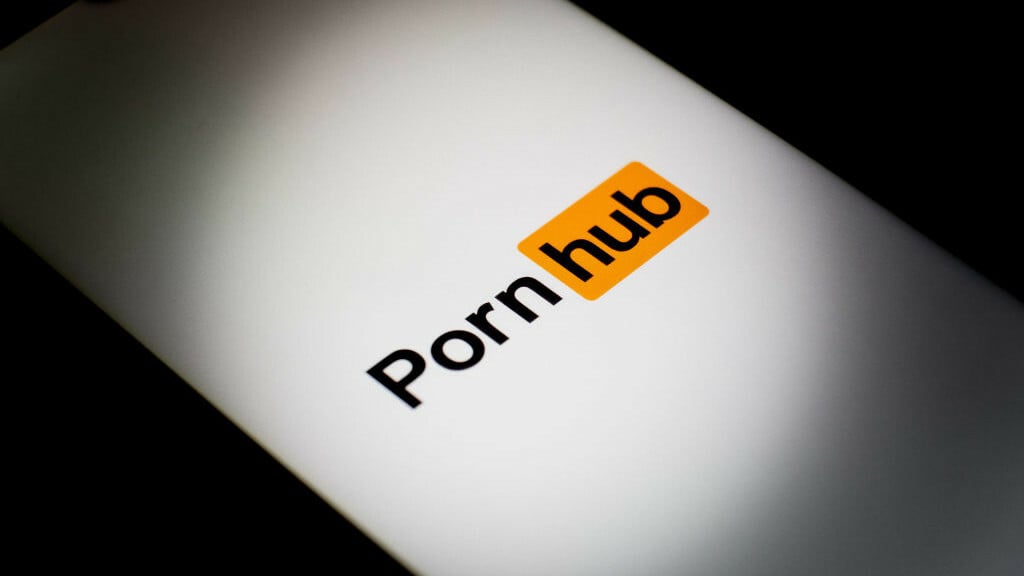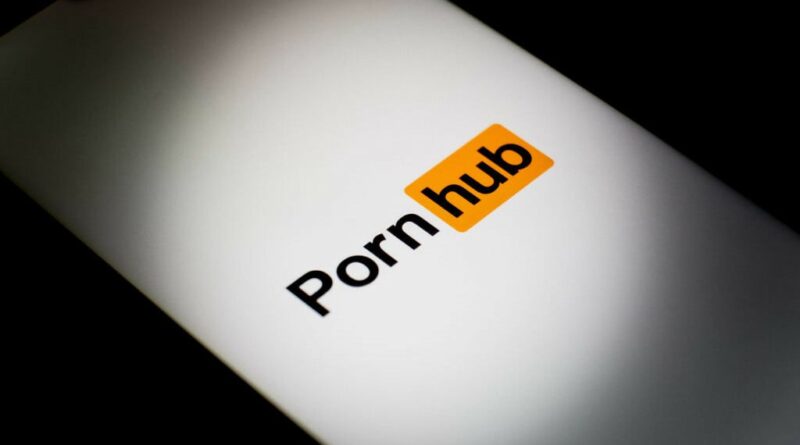The great Pornhub blackout may soon come for horny Floridians

Florida is introducing a new age verification requirement for platforms that host pornographic material. It’s exceedingly similar to the law that prompted Pornhub to withdraw from Texas earlier this month.
Signed by Florida governor Ron DeSantis on Monday, House Bill 3 (HB 3) requires online platforms which distribute pornographic material to verify that its users are aged 18 or older. The new law will come into effect from Jan. 1 next year, with failure to comply carrying a possible fine of up to $ 50,000 per violation.
The legislation will impact online platforms on which over one third of content is pornographic material. Such websites must offer both “anonymous” and “standard” methods of identification, with users able to choose which one they prefer.
Under HB 3, an age verification method is deemed to be anonymous if its conducted by a nongovernmental third party. These verifying third parties aren’t allowed to keep users’ personally identifying information once their age has been confirmed, and must keep such information anonymous. Still, it’s unlikely to make users feel much better about it.
Standard methods cut out this third party, with the porn platform directly checking users’ IDs themselves.
Pornhub says Florida’s age verification method ‘[puts] user safety in jeopardy’
Though Pornhub hasn’t yet made any announcements, it’s highly likely HB 3 will induce the popular adult entertainment platform to withdraw from Florida. The state’s new age verification law comes just weeks after Pornhub banned Texas, responding to a U.S. Court of Appeals decision overturning an injunction against a similar Texan law.
Like HB 3, Texas House Bill 1181 (HB 1181) requires websites that host pornography to verify users’ ages, mandating the use of methods such as viewing government-issued identification or having a third party to conduct the verification.
While Pornhub has expressed its agreement with an age verification requirement, the company argues that the specific systems dictated infringe on “the rights of adults to access protected speech.” Instead, Pornhub argues that on-device age verification would be a safer and more effective method of preventing underage users from accessing inappropriate material.
Barring that solution, Pornhub opted to completely block Texan IPs rather than collect identifying information from users.
“Unfortunately, the Texas law for age verification is ineffective, haphazard, and dangerous,” Pornhub wrote in a notice to Texan users. “Not only will it not actually protect children, but it will also inevitably reduce content creators’ ability to post and distribute legal adult content and directly impact their ability to share the artistic messages they want to convey with it.”
Considering this stance, it seems only a matter of time until Florida is banned as well. Pornhub’s Texan ban was just the latest in a list of state bans including North Carolina, Montana, Utah, Louisiana, Arkansas, Mississippi, and Virginia. The website’s parent company Aylo has also blocked its other adult platforms in these states for the same reasons, including Brazzers, YouPorn, and RedTube.
In a statement to Mashable, an Aylo spokesperson said it is “aware of the passage into law of HB 3 in Florida,” but declined to explicitly confirm whether its websites would withdraw from the state.
“Any regulations that require hundreds of thousands of adult sites and all social media to collect significant amounts of highly sensitive personal information is violating the privacy rights of law-abiding citizens and putting user safety in jeopardy,” said the spokesperson. “It is our hope that before this ill-conceived and poorly crafted law goes into effect, the government will recognize the ineffectiveness of similar copycat laws in other states, such as Texas and several others before that.”
If Aylo’s hopes prove futile, it’s likely that thousands of horny Texans will soon find themselves vigorously researching VPNs.
Checking IDs for porn isn’t HB 3’s only mission. The legislation will also restrict social media access for children, preventing those 13 and under from having accounts.



